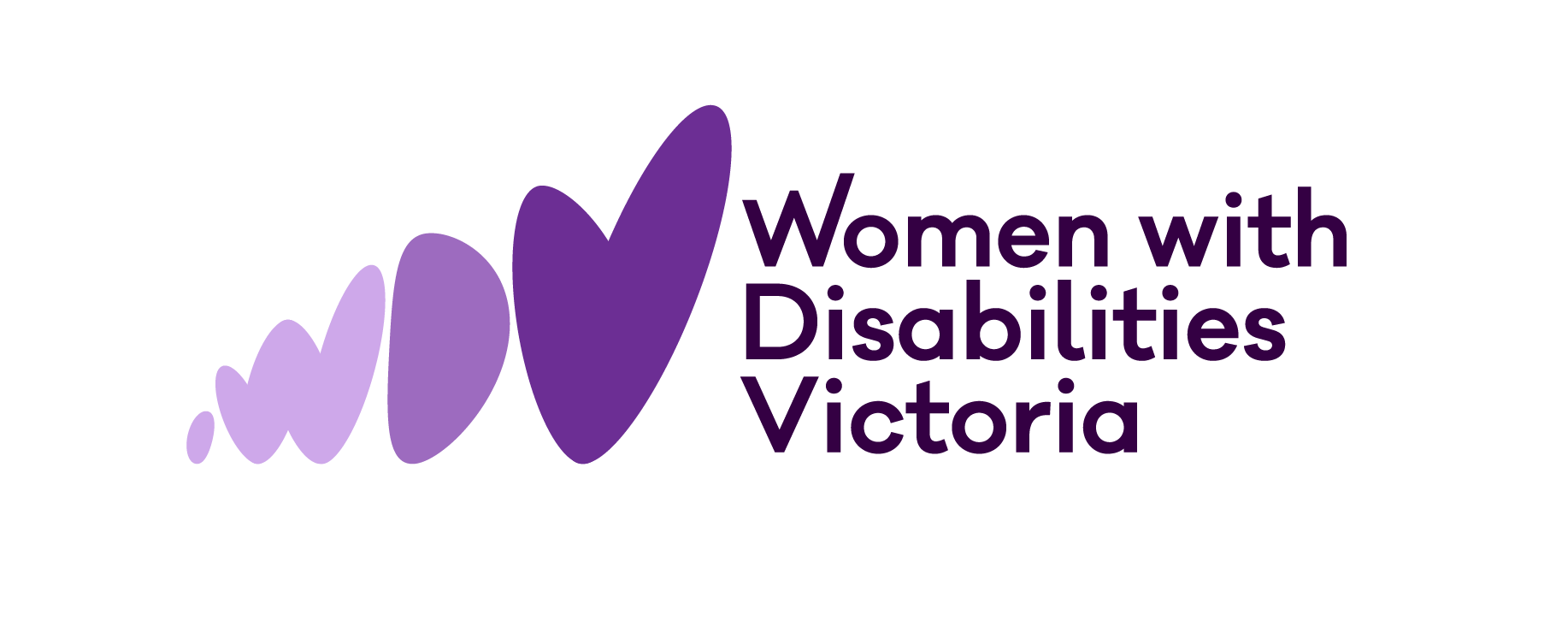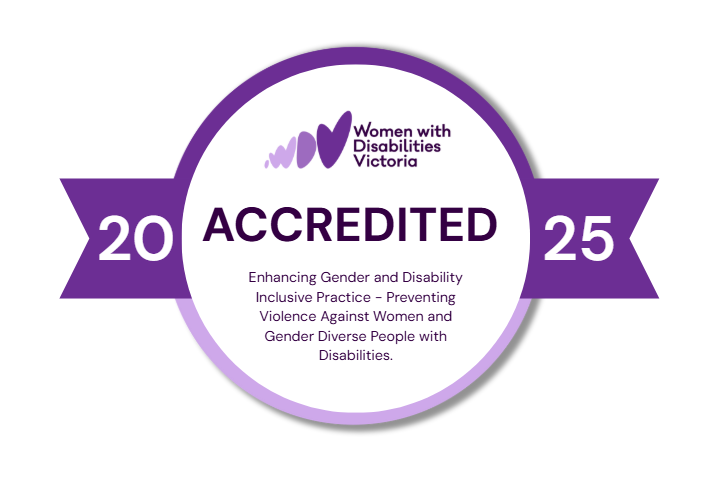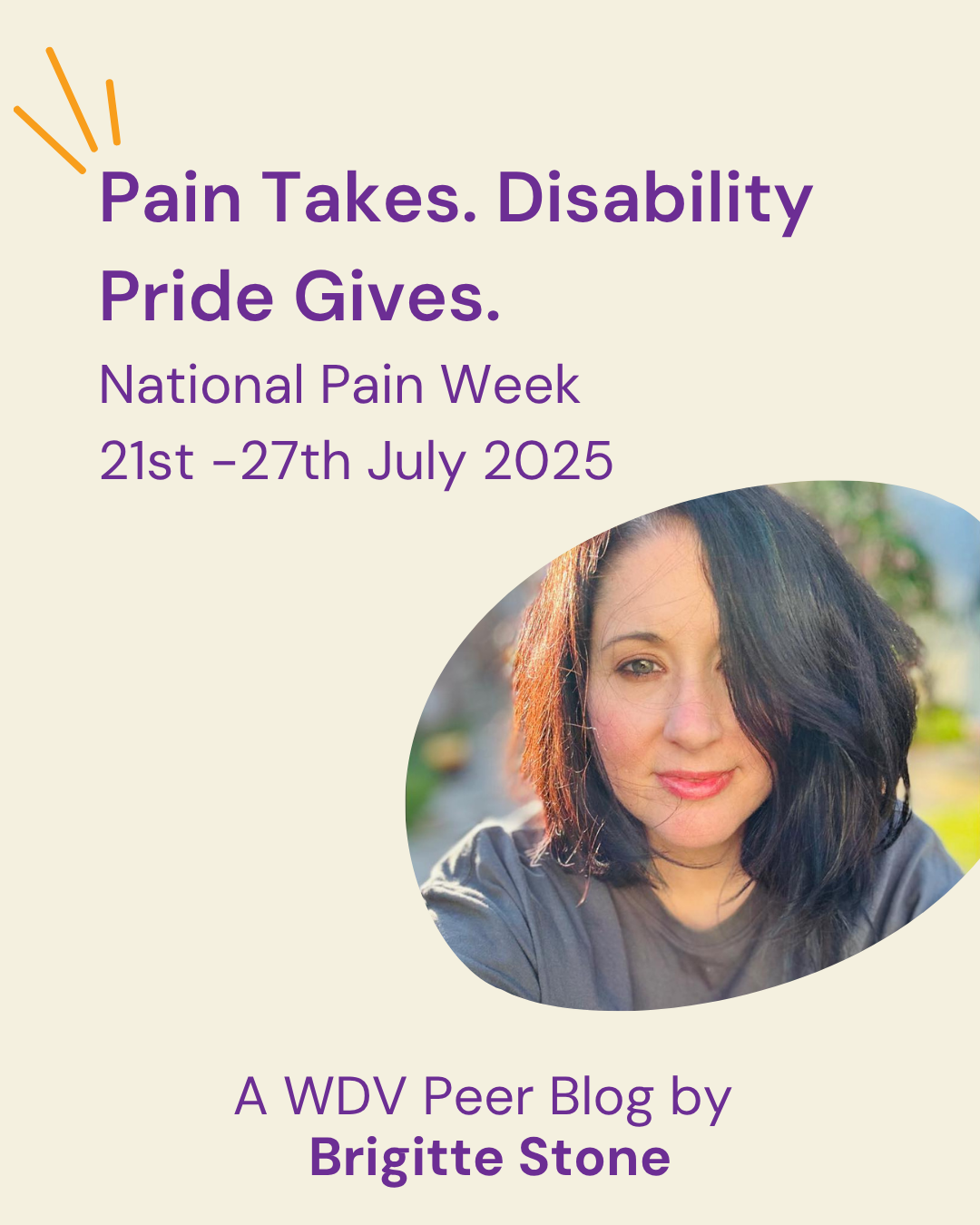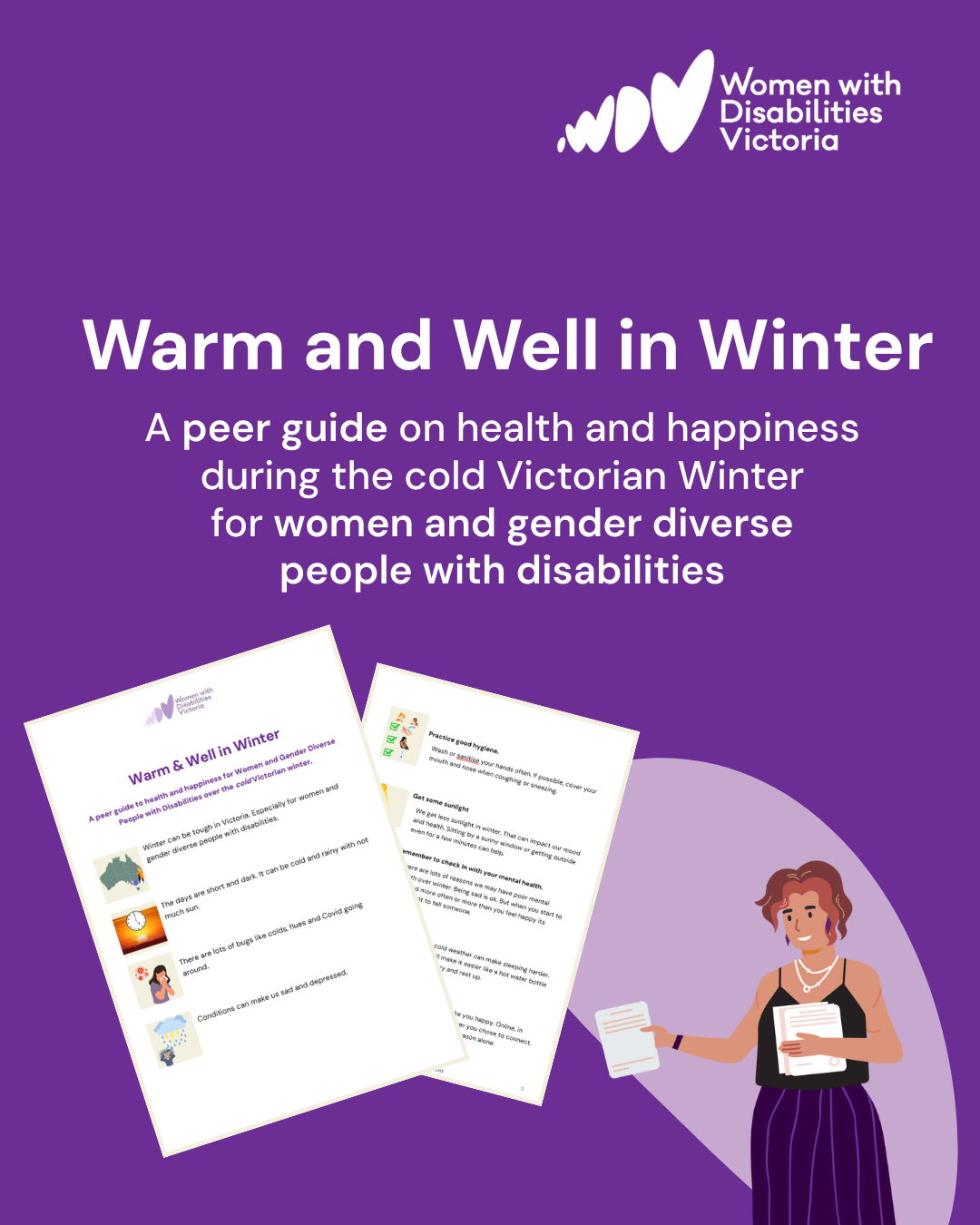Read the full wrap-up below:
WDV’s State Budget Submission ‘Advancing Equity – Funding Gender and Disability Initiatives in Victoria’
WDV’s State Budget Submission ‘Advancing Equity – Funding Gender and Disability Initiatives in Victoria’
Our State Budget Submission ‘Advancing Equity – Funding Gender and Disability Initiatives in Victoria’ for Year 2026-27 outlines funding request to deliver crucial initiatives to support Victorian women and gender diverse people with disabilities.
WDV is grateful for the support and partnership that we have with the Victorian government and hope that this partnership can grow and be strengthened through funding of the initiatives outline in our budget submission.
WDV has a strong track record of delivering impactful, government-funded programs. We work in partnership with leading Victorian organisations to amplify the voices of women and gender diverse people with disabilities and foster shared learning. Our work is not done until all Victorian women and gender diverse people with disabilities are safe, respected, financially secure and have equal opportunities to participate fully in the workforce and community life.
Funding Ask-
1. Pathways to pain management and support for women and gender diverse people with disabilities
To address the urgent and ongoing challenges faced by women and gender diverse people with disabilities in accessing effective pain management and supports, we call on the Victorian Government to build on its historic investment into Women’s Pain Inquiry by funding a disability-inclusive, gender-responsive initiative. This is an early intervention initiative and that will help in reducing health costs while improving health and wellbeing, thus delivering a strong return on investment.
2. WDV’s Disability and Gender Leadership Program
Since 2013, WDV has provided Victorian women and gender diverse people with disabilities with a proven and credible leadership program. The program’s impact extends beyond the participants who engage in it and has systemic societal impacts, as participants apply their expertise to advocate for disability inclusion, access, and rights in the communities they live in.
The Disability and Gender Leadership Program incorporates two vital Victorian programs:
1. Enabling Women Leadership Program,
2. Youth Experts Program
Unfortunately, this program does not have stable funding and without long-term stable funding this vital program will stop nurturing the up-and-coming generation of disability and gender advocacy leaders.
Lack of funding certainty exacerbates WDV staffing stress linked to the feminisation and of poverty and employment insecurity for women and gender diverse people with disabilities. This funding is crucial amid rising demands for advocacy, partnerships, and policy contributions in gender equity and disability rights.
3. Women’s Health Services Network (WHSN) Boost Continuation
WDV strongly supports WHSN’s funding submission to ensure the continuation of the Women’s Health Service Boost Funding for all 12 Women’s Health Services across Victoria. While we celebrate significant achievements, the work is far from done. Persistent gender health gaps and ongoing gendered violence demand continued action. To keep delivering this vital work, WDV and the other Women’s Health Services need the Boost Funding to continue.
4. Victorian Disability Advocacy Program (VDAP) Boost Continuation
WDV supports Victorian Council of Social Services (VCOSS) funding submission of increased core funding to VDAP which should form part of a new multi-year sustainable funding model for the sector. Victorian Disability Advocacy Services play a vital role in driving systemic, programmatic, and policy change. WDV requires ongoing boost funding to continue elevating the voices of women and gender diverse people with disabilities where they need to be heard.
Read our full State Budget Submission here:
Advancing Equity – Funding Gender and Disability Initiatives in Victoria [Download in Word]
Advancing Equity – Funding Gender and Disability Initiatives in Victoria [Download in PDF]
Why do I need to be married with kids?
February 14th is normally known as Valentine’s Day. However, an alternative version of this – Galentine’s day, is recognised on February 13th. Galentine’s day is named in honour of ‘gal pals’ and is about celebrating female friendship.
In ‘Why do I need to be married with kids? Breaking down the taboos of being a single and childfree woman.’ WDV Expert by experience member, Julie Dickson, explores commonly held ideas about the need for women to be married with kids, and why she is saying No to these expectations.
You can read it here:
Community Inclusion and Women’s Empowerment Team – A Year in Review
Read the full magazine here:





